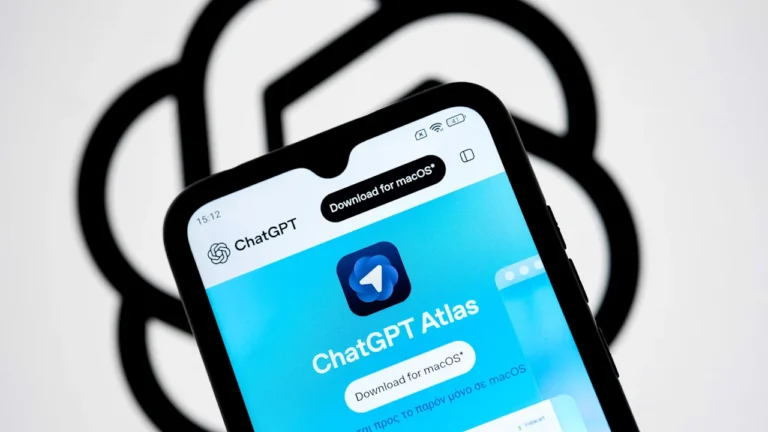
Personalized vaccines that steer the immune system to fight unique cancer cells show promise, but another powerful way to treat cancer might be hiding in plain sight.
People being treated for advanced skin and lung cancer lived longer if they had received a Moderna or Pfizer COVID-19 vaccine, according to new research published in the journal Nature. Both vaccines work using mRNA, which prompts cells to make a virus-like protein that triggers a useful immune response and teaches the body how to protect itself.
When a team working to develop personalized mRNA cancer vaccines found that those vaccines were mostly effective due to the broad immune response they prompted – not their custom-built nature – they decided to see how well widely available mRNA vaccines worked at the same task.
The team analyzed records from almost 1,000 advanced cancer patients at Houston’s MD Anderson Cancer Center, comparing outcomes between people that had received one of the two COVID-19 mRNA vaccines and those who hadn’t. They found that lung cancer patients vaccinated with the Pfizer or Moderna shot lived almost twice as long after starting cancer treatment.
Patients with aggressive melanoma who received an mRNA vaccine also showed improved outcomes, but people in that group lived for so long their average survival time couldn’t be determined in the study. Non-mRNA vaccines like those used for the flu did not show the same positive effect.
The patients with the biggest benefit were given the vaccine within 100 days of beginning the immunotherapy known as checkpoint treatment and those whose cancer looked the least likely to respond well to treatment. The research team believes that the immune response from mRNA vaccines sets up the immune system for more effective checkpoint treatment, which instructs T cells to work overtime to hunt down cancer in the body.
“The COVID-19 mRNA vaccine acts like a siren and activates the immune system throughout the entire body” Adam Grippin, co-author and radiation oncologist at MD Anderson told Nature. “… We were amazed at the results in our patients.”
Defunding the future
Future research will continue to explore the powerful potential of mRNA vaccines to fight cancer, but the path won’t be easy. Science funding in the U.S. has taken a massive hit across the board under the second Trump administration, but the situation is especially grim for mRNA research.
In August, Health Secretary Robert F. Kennedy Jr. announced that the government would cancel $500 million in federal funds for mRNA vaccine research, throttling one of the most promising lanes of research with life-saving potential for everything from future pandemics to cancer and HIV.
In a video explaining the decision to slash mRNA research, Kennedy announced that he believed science using mRNA “poses more risks than benefits for these respiratory viruses” and HHS would be “moving beyond the limitations of mRNA for respiratory viruses and investing in better solutions.”
During Operation Warp Speed, the vaccine development program during Trump’s first term lauded even by his critics, the president hailed Pfizer’s mRNA vaccine as a “medical miracle.” “This is one of the greatest scientific accomplishments in history,” Trump said at the time.
Experts across the medical world agree, with epidemiologists issuing particularly dire warnings about America’s future without mRNA research. “There is no upside,” Harvard Professor of Epidemiology Bill Hanage said of the cuts to mRNA vaccine development. “There is only downside. We would be fighting any future pandemic with one hand tied behind our back.”

